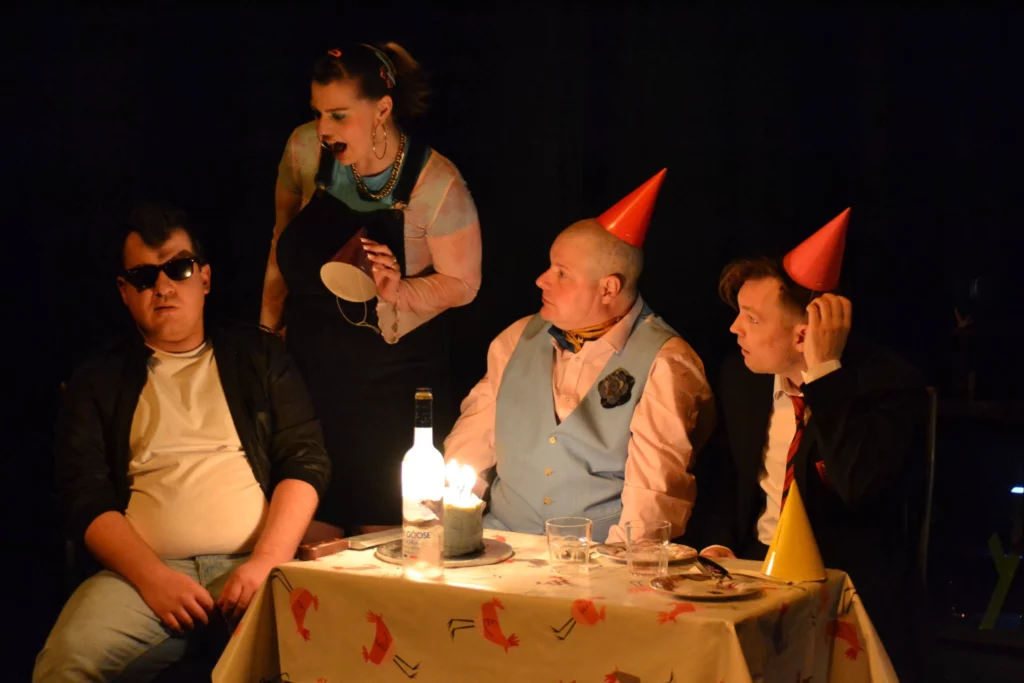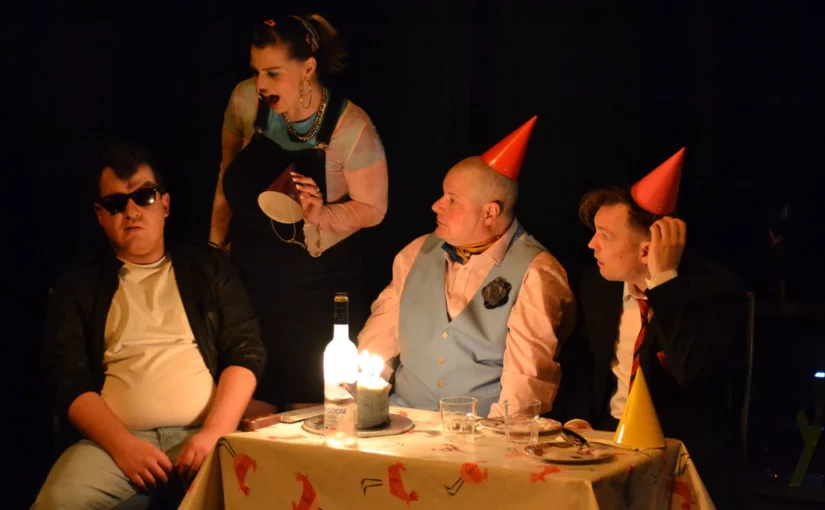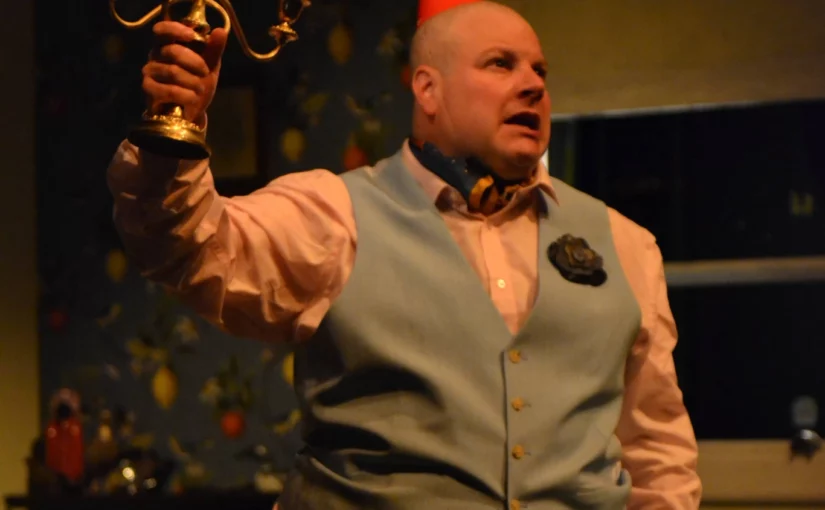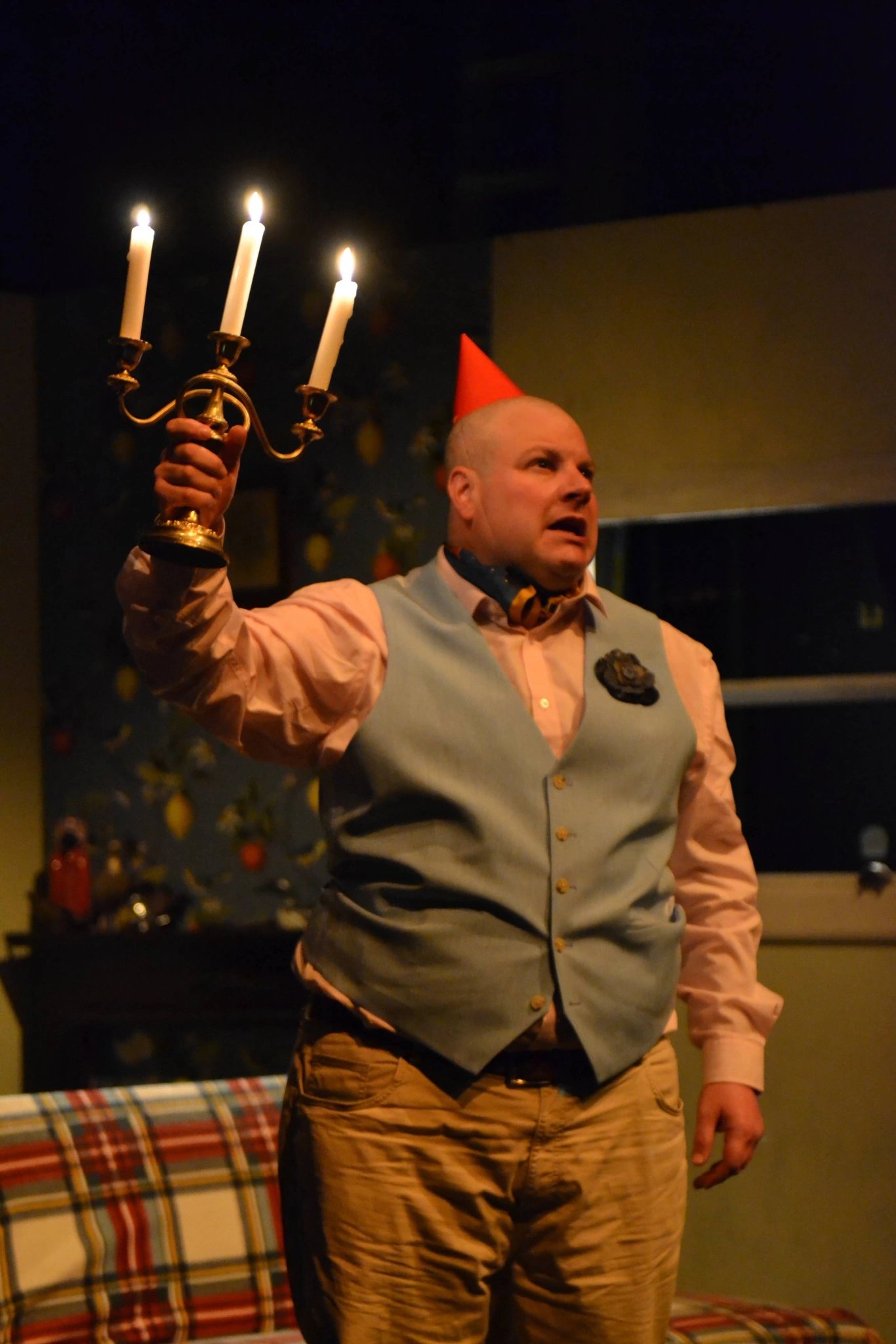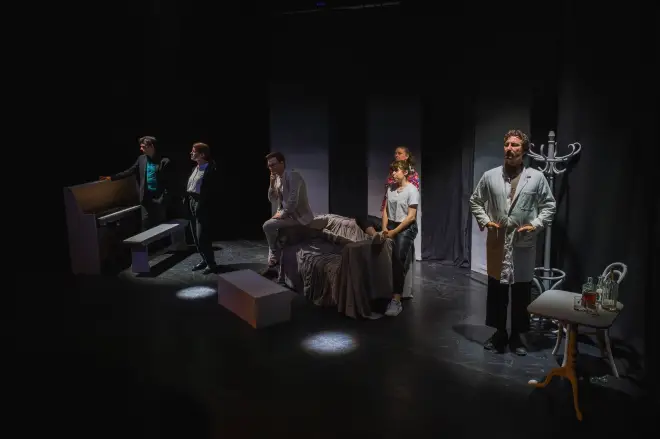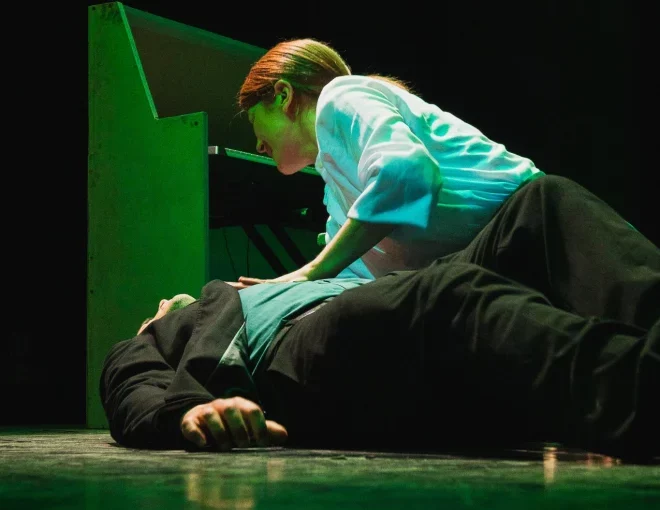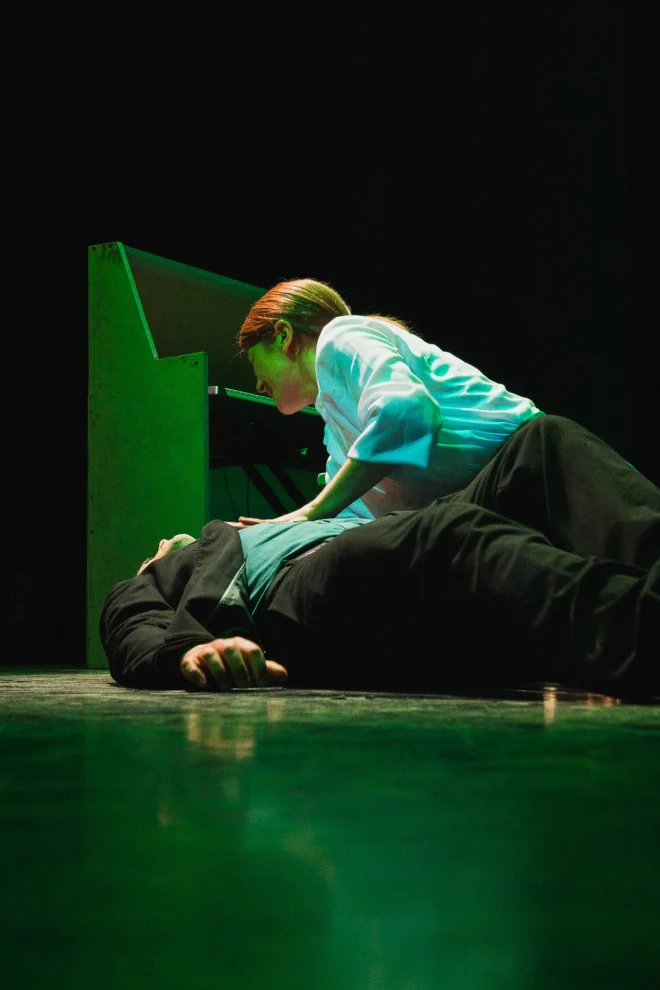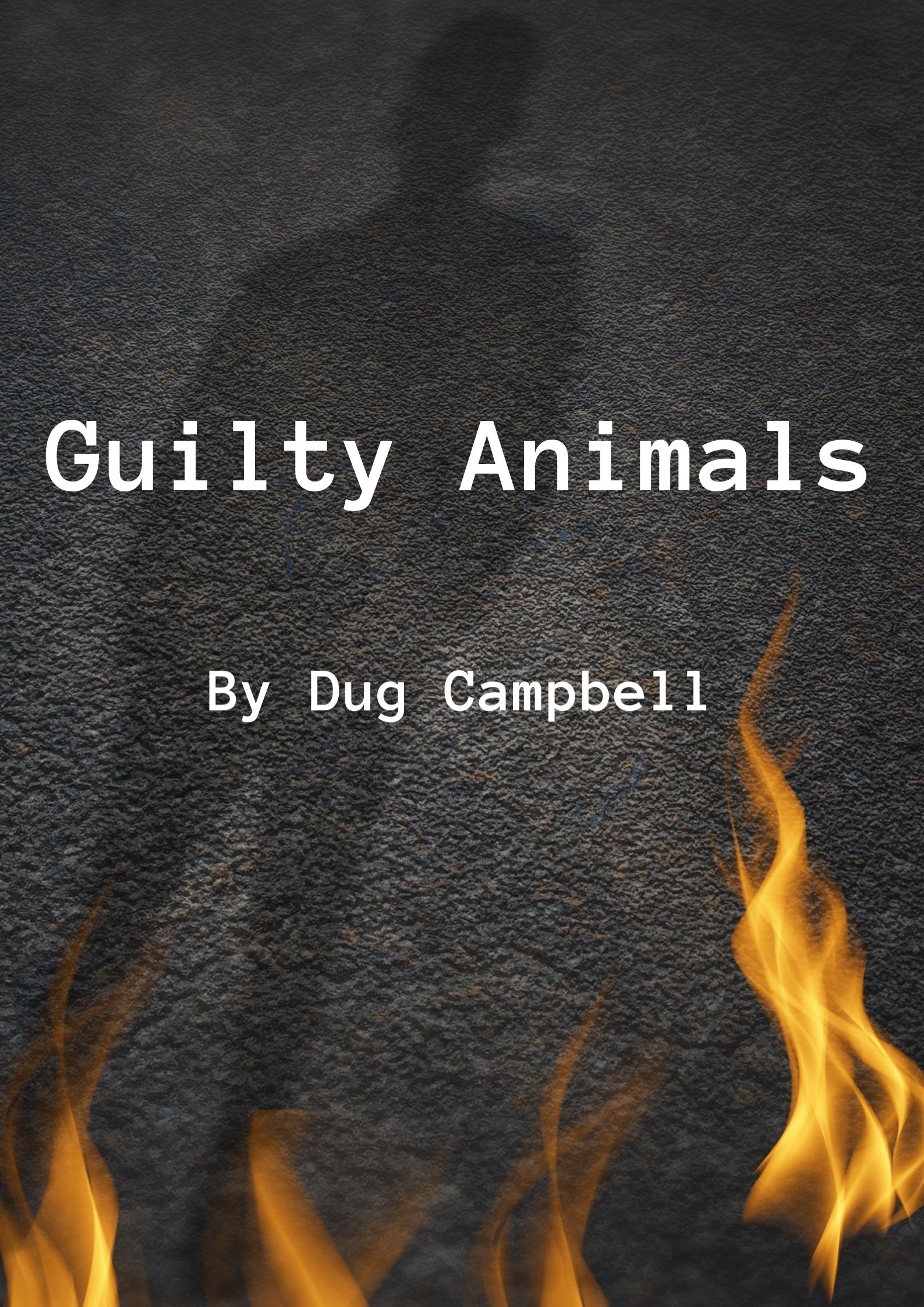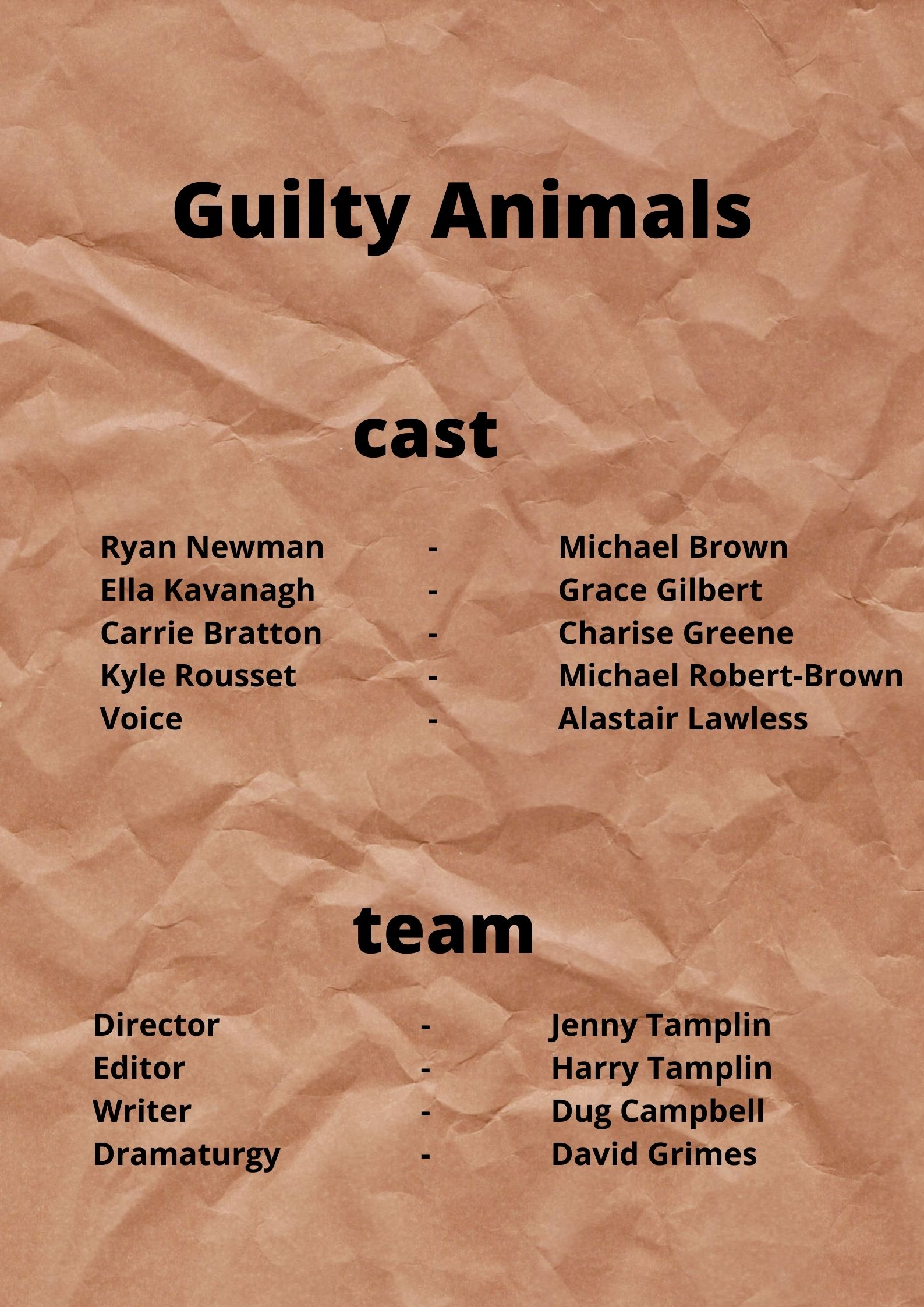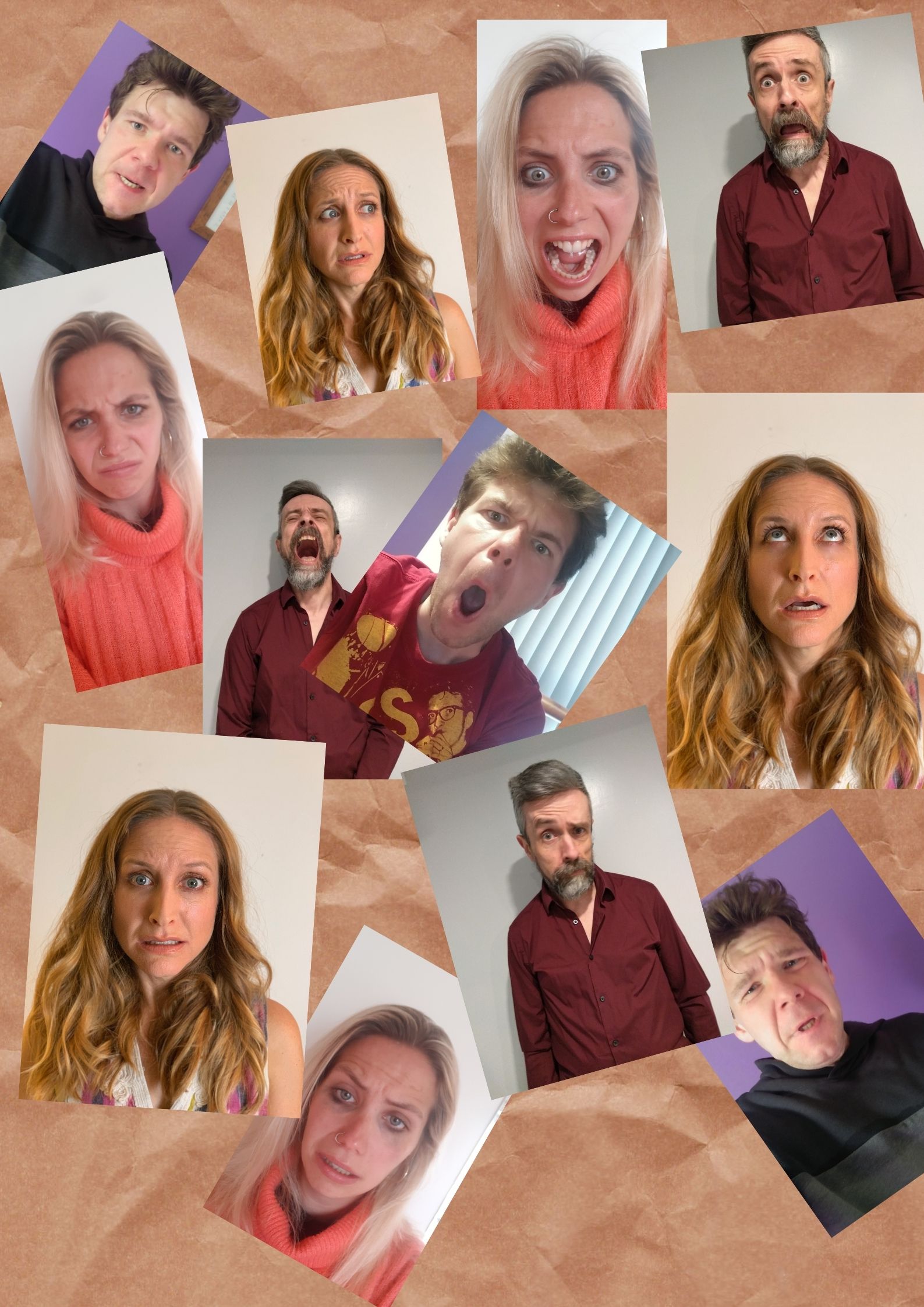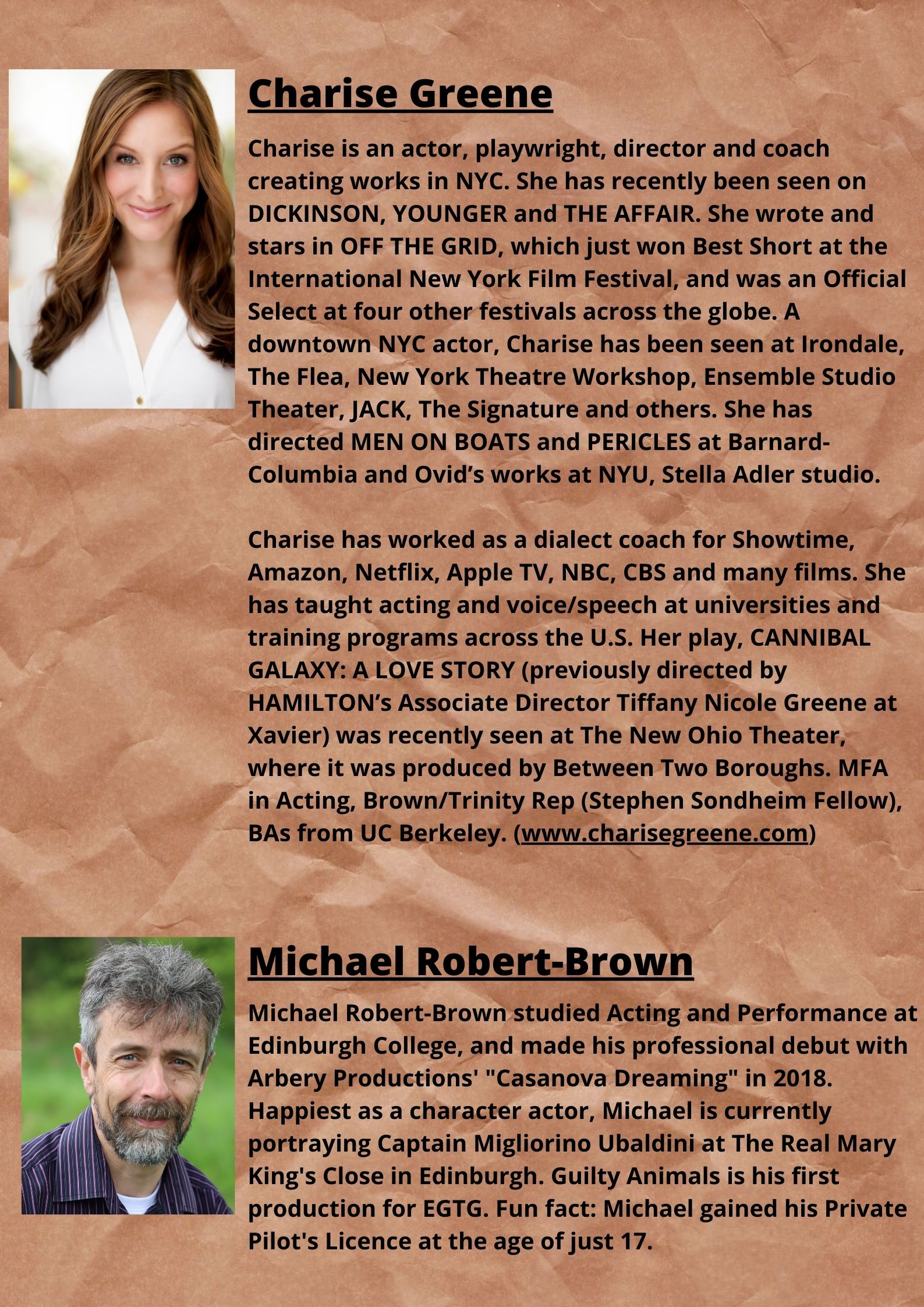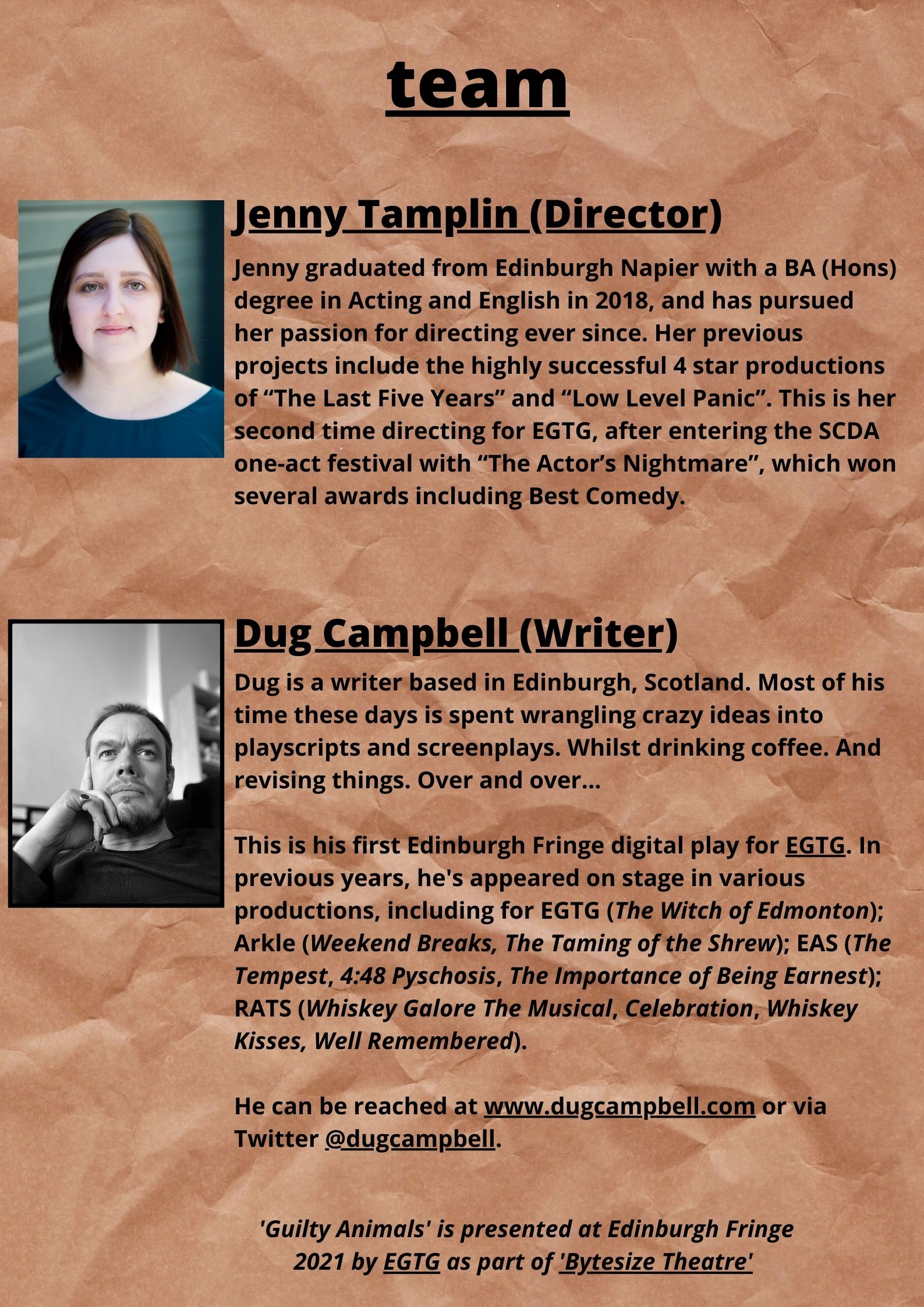Twitter always delivers.
This week, I watched a guy live-defending his claim that with only three ingredients (cheese, bread, margarine), his Mum’s cheese sandwiches were, beyond any doubt, the best in the world. End of discussion.
With that one simple statement, I started thinking just how susceptible we are to the contexts we live in. We hold beliefs and ideals that we believe to be solid. Some of us might even be particularly vocal about them (see Twitter). And we claim to be rational beings despite the fact that scientific evidence shows this rationality, in many cases, to be an illusion.
There’s two ways in which those cheese sandwiches can become tastier. The first comes from an invisible change that took place, at some molecular level which somehow enhanced the ingredients. Or perhaps it’s just because our taste is in fact governed by context. Maybe it was the first food he’d eaten for days. Or was it because (as he claimed) the sandwiches were made with love – and that level of care was the reason for the change in the taste?
If that’s true, perhaps the reverse is also. Can you, for example, taste the loathing with which an underpaid Subway worker built your footlong baguette as it seeps through to your palate? And is that why it usually tastes better drowned in so much sauce? I digress…
Science shows that the taste of food can be affected by tweaking certain elements such as colour or smell. So why wouldn’t invoking that mysterious power of love in the kitchen also have an effect? After all, we’re talking about an intense emotion that’s capable of disturbing everything, from the most macro of decisions by world leaders to the daily minutiae of everyday life.
And nowhere is that sort of magic likely to have such pronounced effects as in the midst of a pandemic. After all, this is virus actually causes sensory deprivation for some. For those who do lose their sense of taste, the Covid World is a particularly colourless one, pushing its humans much further down Maslow’s Pyramid in search of satisfaction of more basic needs.
Maybe that boy’s sandwich didn’t change colour en route to his belly. But it was still prepared by a loving mother in the safe bubble of a home. A simple cheese sandwich it might be – but it was delivered into one of the most disrupted environments in recent memory.
Disruption is by definition an interruption in, and replacement of, context. And beliefs will change as the world does. Think of how people’s views have evolved recently. We’ve seen shifts in views about those who wear masks in public; about the relative value of commutes and colleagues; and about just how crucial the lowest-paid in society turn out to be. If there’s one thing that 2020 will be remembered for, it’s that opinions can, and do, change.
The exciting thing about a shift in context is that it allows us to exercise our taste. Taste is the foundation of so much joy in our lives. It’s the playground in which we as sentient humans come most fully alive. Intrinsic or cultivated, it’s our preferences that govern the ecstasy we seek in life – from music, to food, sex, friendships, exercise, and everything in between. It’s in our tastes that we choose the colours with which to paint our life’s stories as vividly as possible. It’s where our memories transform into satisfyingly precious gems that stay with us and it’s how our dreams become so achingly desirable.
We use our preferences to signal to others that we are free. And we feel most vital when we’ve manage to satisfy our own requirements of taste.
But tastes shift along with context. And that’s both healthy and important. Whilst it may be comforting to listen to the same music that soundtracked your teenage years, life becomes so much less vibrant if you shut off the possibility of discovering alternatives as you age.
To quote Heraclitus, the Greek philospher:-
“No man ever steps in the same river twice – for it’s not the same river, and he’s not the same man”.
And in the same vein, Robertson Davies wrote:-
“Nobody ever reads the same book twice”.
In 2020, many continue to insist on asking some variation of ‘when will things be back to normal’? But I think that’s the wrong question. There is no normal. Not really. There never was. Our lives are governed by changing contexts that continually swirl and shift around us. It’s up to each of us, guided by our own tastes, to define exactly what that each context means for us – today. Because whether it’s good or bad, today is all we have.
